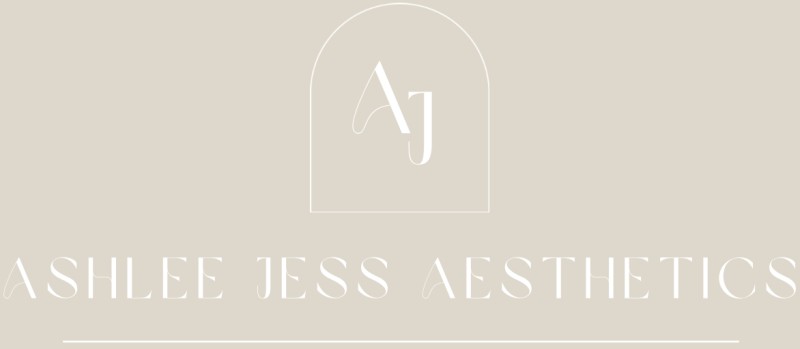The Impact of Diet and Nutrition on Skin Health and Aging
Understanding the Skin-Aging Connection
Aging is a natural process that affects all organs, including the skin. The skin's appearance and functionality are influenced by intrinsic
factors, such as genetics and biological aging, and extrinsic factors, such as environmental exposure and lifestyle choices. Diet is a
crucial extrinsic factor that can significantly impact the skin's structure, function, and overall health.
Key Nutrients for Skin Health
1. Antioxidants:
Antioxidants combat oxidative stress, a major contributor to skin aging. They neutralise free radicals, which are unstable molecules that
can damage skin cells and accelerate aging.
- Vitamin C: Essential for collagen synthesis and protection against UV-induced damage. Found in citrus fruits, berries, and leafy greens.
- Vitamin E: Helps protect skin cells from oxidative damage. Sources include nuts, seeds, and vegetable oils.
- Beta-Carotene: A precursor to vitamin A, it helps maintain skin health and repair. Found in carrots, sweet potatoes, and spinach.
2. Omega-3 Fatty Acids:
Omega-3 fatty acids have anti-inflammatory properties that can help maintain the skin's barrier function and hydration. They also reduce the
risk of acne and other inflammatory skin conditions. Sources include fatty fish (salmon, mackerel), flaxseeds, chia seeds, and walnuts.
3. Protein:
Protein is vital for the repair and regeneration of skin cells. Collagen, a key protein in the skin, provides structure and elasticity.
Amino acids from protein-rich foods are essential for collagen production.
- Sources: Lean meats, fish, eggs, dairy products, legumes, and nuts.
4. Vitamins and Minerals:
- Vitamin A: Promotes cell turnover and repair. Found in liver, dairy products, and orange-colored fruits and vegetables.
- Zinc: Helps with wound healing and reduces inflammation. Sources include meat, shellfish, legumes, and seeds.
- Selenium: Protects the skin from UV damage and oxidative stress. Found in Brazil nuts, seafood, and whole grains.
The Role of Hydration
Adequate hydration is essential for maintaining skin elasticity and plumpness. Water helps transport nutrients to skin cells and remove
toxins. Drinking sufficient water daily keeps the skin hydrated from the inside out, reducing the appearance of fine lines and promoting a
healthy complexion.
Foods to Avoid
1. Sugar and High-Glycemic Foods:
Excessive sugar and high-glycemic foods can cause spikes in blood sugar levels, leading to the formation of advanced glycation end products
(AGEs). AGEs damage collagen and elastin fibers, resulting in wrinkles and sagging skin.
- Avoid: Sugary snacks, refined carbohydrates, and sweetened beverages.
2. Processed and Fried Foods:
These foods often contain unhealthy fats and additives that can promote inflammation and oxidative stress, accelerating skin aging.
- Avoid: Fast food, chips, and pre-packaged snacks high in trans fats and preservatives.
3. Alcohol:
Alcohol can dehydrate the skin, leading to dryness and loss of elasticity. It also depletes essential nutrients and can cause inflammation.
- Limit: Alcoholic beverages and opt for hydrating drinks instead.
Tips for a Skin-Healthy Diet
1. Eat a Rainbow:
Include a variety of colorful fruits and vegetables in your diet to ensure a wide range of antioxidants and nutrients.
2. Incorporate Healthy Fats:
Include sources of omega-3 fatty acids, such as fatty fish, flaxseeds, and walnuts, to keep the skin hydrated and supple.
3. Stay Hydrated:
Drink plenty of water throughout the day and consume water-rich foods like cucumbers, melons, and oranges.
4. Choose Whole Foods:
Opt for whole, unprocessed foods over processed snacks and meals to reduce inflammation and provide essential nutrients.
5. Balance Your Diet:
Ensure your diet includes a good balance of proteins, healthy fats, and complex carbohydrates to support overall skin health.
Diet and nutrition play a crucial role in skin health and the aging process. By choosing nutrient-rich foods and avoiding those that
contribute to inflammation and oxidative stress, you can support your skin's structure, function, and appearance. Incorporating a balanced,
varied diet with adequate hydration will not only enhance your overall health but also help maintain youthful, radiant skin for years to
come.
About Ashlee Jess Aesthetics
Ashlee Jess Aesthetics is Mooloolaba's premier destination for transformative cosmetic injectables treatments. Specialising in anti-wrinkle,
dermal filler, and bio-remodeling procedures, our clinic offers a comprehensive range of services designed to enhance natural beauty and
promote skin health.
BOOK
NOW
BOOK
NOW




